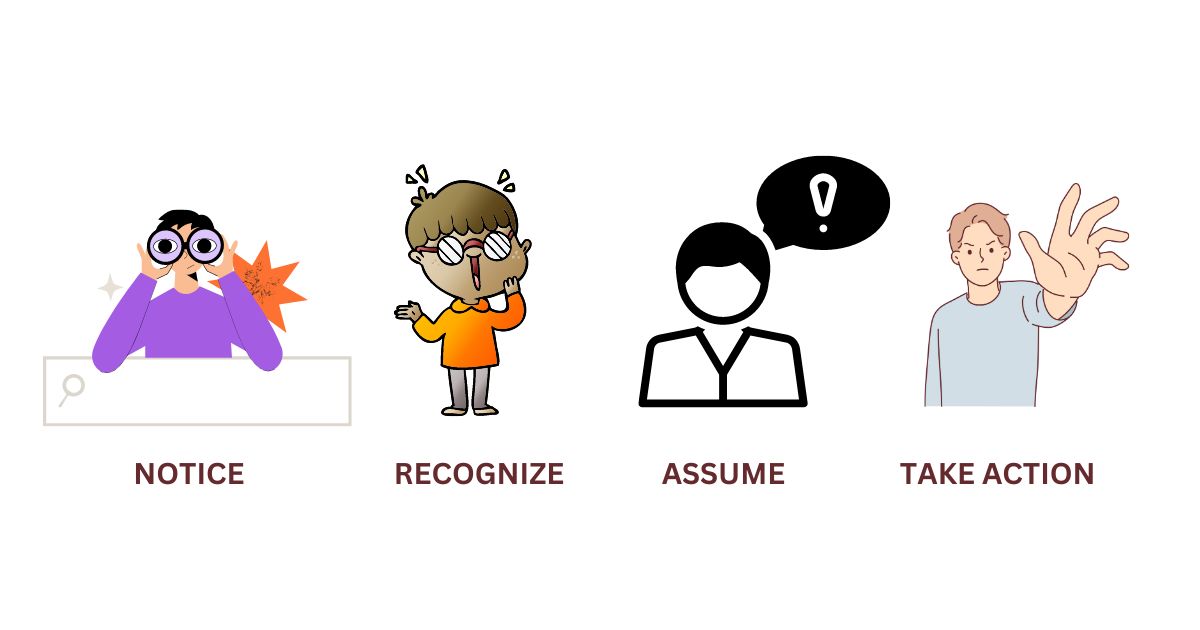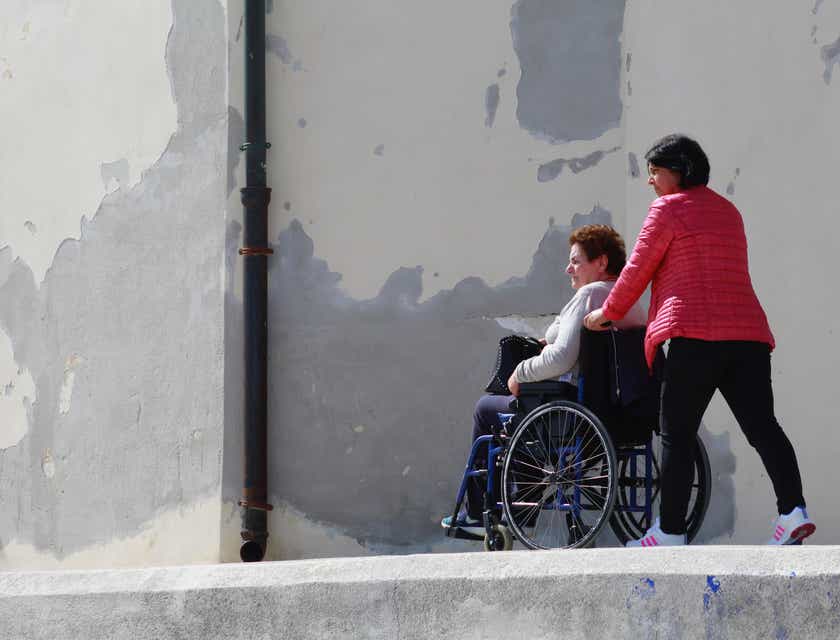It’s a story I hate to write or even read, but sticking my head in the sand will not make the problem go away. And because June 15 was World Elder Abuse Awareness Day (WEAAD), I thought it would make sense to talk about the issue today.
Elder abuse takes many forms; physical, emotional, sexual and financial abuse unfortunately affects hundreds of thousands of seniors each year. Nursing home residents are especially vulnerable.
Back in February 2014, a Bronx New York nursing home employee was charged with raping an elderly resident who is unable to communicate. Manhattanville Health Care Center LLC had a Medicare overall rating of 5 stars, whereas, because of its number of reported bedsores and its low C.N.A.-staff-to-resident ratio, the facility’s Caregiverlist’s® Nursing Home Star Rating was a mere 3 stars.
Recently, a Florida nursing home CNA’s father received a 7-year sentence in an identity theft case, where he used stolen identification information to file fake tax returns and get refunds, according to an article in McKinght Long Term Care News. Palm Garden in Polk County, Florida, also received only a 3-star Caregiverlist® Nursing Home Rating.
An evaluation published in the Journal of Elder Abuse and neglect details a seven state Criminal History Screening (CHS) program for long-term care workers. The report states that popular support for enhanced criminal history screening (CHS) procedures for long-term care workers in the United States is evident; case studies and news stories regarding abuse, theft, or neglect of long-term care residents are abundant yet repugnant to a society that aims to protect those that are physically and/or mentally frail.
Results of the evaluation found that, of the 204,339 completed screenings, 3.7% were disqualified due to criminal history, and 18.8% were withdrawn prior to completion for reasons that may include relevant criminal history.
The federally-funded pilot program points to a vital need to conduct thorough background checks for any potential senior caregivers, whether they be in an institutional or home setting.
The Administration on Aging has provided these tell-tale signs that a senior may be suffering elder abuse or neglect:
- Bruises, pressure marks, broken bones, abrasions, and burns may be an indication of physical abuse, neglect, or mistreatment.
- Unexplained withdrawal from normal activities, a sudden change in alertness, and unusual depression may be indicators of emotional abuse.
- Bruises around the breasts or genital area can occur from sexual abuse.
- Sudden changes in financial situations may be the result of exploitation.
- Bedsores, unattended medical needs, poor hygiene, and unusual weight loss are indicators of possible neglect.
- Behavior such as belittling, threats, and other uses of power and control by spouses are indicators of verbal or emotional abuse.
- Strained or tense relationships, frequent arguments between the caregiver and elderly person are also signs.
Most importantly, be alert. The suffering is often in silence. If you notice changes in a senior’s personality or behavior, you should start to question what is going on.
President Barack Obama, in his 2012 presidential proclamation decreed June 15 as World Abuse Awareness Day stating, “Every American deserves the chance to live out the full measure of their days in health and security. Yet, every year, millions of older Americans are denied that most basic opportunity due to abuse, neglect, or exploitation. On World Elder Abuse Awareness Day, we call attention to this global public health issue, and we rededicate ourselves to providing our elders the care and protection they deserve.”
If you are a caregiver, consider taking Caregiverlist’s® Caregiver Training Course. With it, you can learn the types of abuse and neglect, legal requirements for reporting (and legal punishments for not reporting) and how to protect your senior client and yourself from physical, emotional, sexual and financial abuse.







